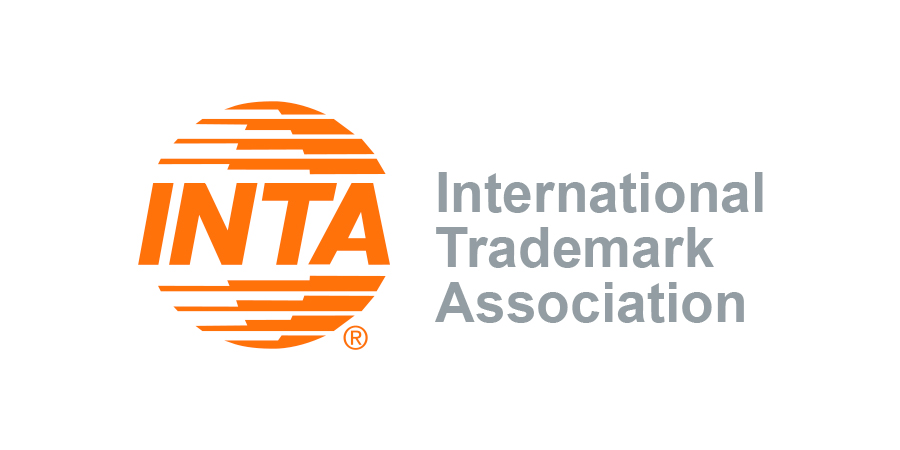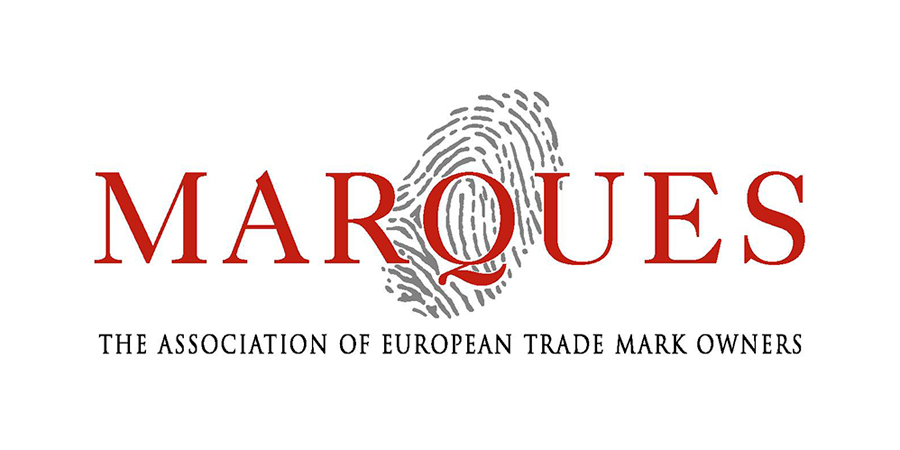[vc_row][vc_column][vc_column_text]
PADIMA NOTES APRIL 2016
[ Invalidity in Consequence of Acquiescence ]
Judgment of the General Court of 20 April 2016. Case T-77/15. Tronios Group International BV v EUIPO / SKY plc.
The Court recalls that there are four conditions that must be satisfied before the period of limitation in consequence of acquiescence starts running if there is use of a later trademark identical to the earlier trademark or confusingly similar:
i) The later trademark must be registered;
ii) The application must have been made in good faith;
iii) The later trademark must be used in the Member State where the earlier trademark is protected;
iv) The proprietor of the earlier trademark must be aware of the use of that trademark after its registration.
When these four conditions are met, and the owner of the prior trademark has acquiesced in the use of a later trademark for 5 successive years, the consequence is the eventual dismissal in a declaration of invalidity or opposition against the later trademark.
* Subejct: European Union Trademark. Invalidity in consequence of acquiescence
[/vc_column_text][vc_column_text]
[ Genuine Use of a Trademark ]
Judgment of General Court of the European Union of 14 April 2016. Case T-20/15. Henkell&Co. Sektkellerei KG vs EUIPO / Ciacci Piccolomini D´Aragona di Bianchini Società Agricola.
Ciacci Piccolomini D´Aragona di Bianchini Società Agricola filed a trademark application for PICCOLOMINI. Henkell&Co. Sektkellerei KG filed opposition against said application based on its trademark PICCOLO. Within the frame of the opposition proceeding, the prior owner had to proof the use of the trademark PICCOLO.
The EGC, recalls that the only justification for protecting an earlier trademark is that the latter was actually used. The ratio legis of this provision is the need to restrict the number of conflicts between two trademarks, when there is no commercial justification resulting from an effective function of the trademark on the market.
Thus, a trademark is put into genuine use when, in accordance with its essential function, it is used to create or preserve an outlet for those goods or services, excluding token use for the sole purpose of preserving the conferred trademark rights. The genuine use of the trademark cannot be proved through probabilities or presumptions, but it must be based on concrete and objective evidence of effective and sufficient use of the trade mark on the market concerned. Therefore, in view of these and other provisions, the EGC understands that the term “PICCOLO” is used –according to the proofs lodged by the owner- to describe the size of the bottle and not to guarantee the identity of the origin of the goods. Consequently, the applicant has not proved genuine use of the earlier trademark.
* Subejct: European Union Trademark. Genuine use of a trademark
[/vc_column_text][vc_column_text]
[ Different Overall Impression ]
Judgment of the Supreme Court of the United Kingdom of 9 April 2016. Magmatic Ltd vs PMS Internacional Ltd.
At first instance, the Court found that the Registered Community Design had been infringed, as the comparison between the registered design and the infringing product must be analyzed without the ornamental elements, since the registered design only covered the trunk shape.
The Supreme Court made the following considerations:
i) The overall impression of the registered design was a horned animal and the Court of First Instance did not consider it relevant enough in its overall impression analysis.
ii) The Supreme Court holds that the lack of ornamentation in the registered design reinforces the overall impression of a horned animal and this is not present in the infringing product;
iii) Finally, the Supreme Court criticizes that the Court of First Instance took only into account the trunk’s shape and did not consider that the registered design, the wheels and the handles had a different colour than the trunk’s body, being decisive these differences.
As a conclusion, the Supreme Court considers that the analyzed designs give a different overall impression.
* Subejct: Community Design.
[/vc_column_text][vc_column_text]
[ Gummy vs Gummi Bear-Rings ]
The General Court of the European Union ratifies Cadbury’s exclusiveness over the sign “Gummy” in Spain.
The General Court of the European Union (EGC) ratifies the EUIPO’s decision by which Cadbury’s opposition was upheld and the figurative trademark “Gummi Bear-Rings” filed by Mederer was refused.
The EGC ends by saying that the EUIPO correctly considered that the term “Gummy” will not be understood by the relevant public –Spanish consumer- and, thus, this term cannot be considered as a descriptive one. The EGC recalls that it is possible, due to the linguistic, cultural, social and economic differences among the Member States, that a sign lacking distinctive character or descriptive of the goods or services covered in a Member State is not so in other Member State.
Likewise, the EGC confirms that there is likelihood of confusion between the analyzed signs, as the goods are identical and the signs are visually and aurally similar.
* Source: curia.europea.eu
[/vc_column_text][vc_column_text]
[ New Patent Law ]

Which changes will imply the new Patent Law 24/2015?
On 25 July 2015, the Spanish Official Gazette published the new Patent Law 24/2015 which will amend the current Law 11/1986 in force in our country. It will come into force next 1 April 2017.
Within this scenario, our engineer Isabel Ibarra tells you: what does it imply and what has originated the Patent Law in force? Which changes will the new Patent Law bring? And, what do we expect to get from the new Patent Law?
Read more…
[/vc_column_text][vc_gap height=»20″][vc_column_text]
[ Study Presentation ]
Presentation of the study “The Triangle of Business Success: Innovation, Trademark and Exportations” with the collaboration of Eva Toledo
After the significant media impact and several conferences and presentations of the first study in Europe about “The Impact of Trademarks in the Spanish Economy and Society”, commissioned by ANDEMA and the OEPM to the University of Alicante in 2012, it has been presented in Madrid on 25 April, on the occasion of the “World Intellectual Property Day”, the study “The Triangle of Business Success: Innovation, Trademark and Exportations” (in Spanish only).
Commissioned by ANDEMA and the OEPM, again to the research team of the University of Alicante, chaired by the Professor Doctor Felipe Ruiz; and with the collaboration of our partner and Director of the Strategy & Protection Area of PADIMA, Eva Toledo; this study deepens in two of the variables analysed in the prior study, INNOVATION and EXPORTATIONS, measuring the relation between the trademarks use and other innovation protection figures (patents, designs and utility models) and the exportations made by Spanish companies.
[/vc_column_text][vc_column_text]
#padimaprotects
[/vc_column_text][/vc_column][/vc_row]









